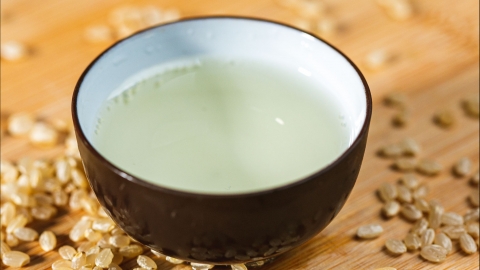Can patients with hypertension consume rice wine?
Generally speaking, whether hypertensive patients can consume rice wine depends on individual circumstances. If blood pressure is well-controlled and rice wine is consumed only occasionally and in very small amounts, there is usually no significant risk. However, if blood pressure fluctuates frequently or large quantities of rice wine are consumed regularly, it may affect blood pressure stability, and consumption is not recommended. The detailed analysis is as follows:

If a hypertensive patient has consistently maintained normal blood pressure levels over a long period, has no other complications, and drinks rice wine only occasionally and in extremely small amounts without experiencing any discomfort afterward, the impact on blood pressure is likely minimal. In such cases, consumption frequency must be strictly limited—avoid consecutive drinking—and blood pressure should be closely monitored.
However, if a hypertensive patient experiences frequent blood pressure fluctuations, or has complications such as hyperlipidemia or kidney disease, or frequently consumes large amounts of rice wine, the alcohol may stimulate blood vessel constriction, leading to elevated blood pressure. It may also interfere with the effectiveness of antihypertensive medications and worsen the condition. In these situations, rice wine should be avoided to prevent loss of blood pressure control.
To maintain stable blood pressure, hypertensive patients should strictly limit alcohol intake in daily life and prioritize non-alcoholic beverages. Additionally, they should adhere to a low-salt, low-fat diet, maintain regular sleep patterns, engage in moderate physical activity, monitor blood pressure regularly, and manage their health scientifically to reduce health risks.




